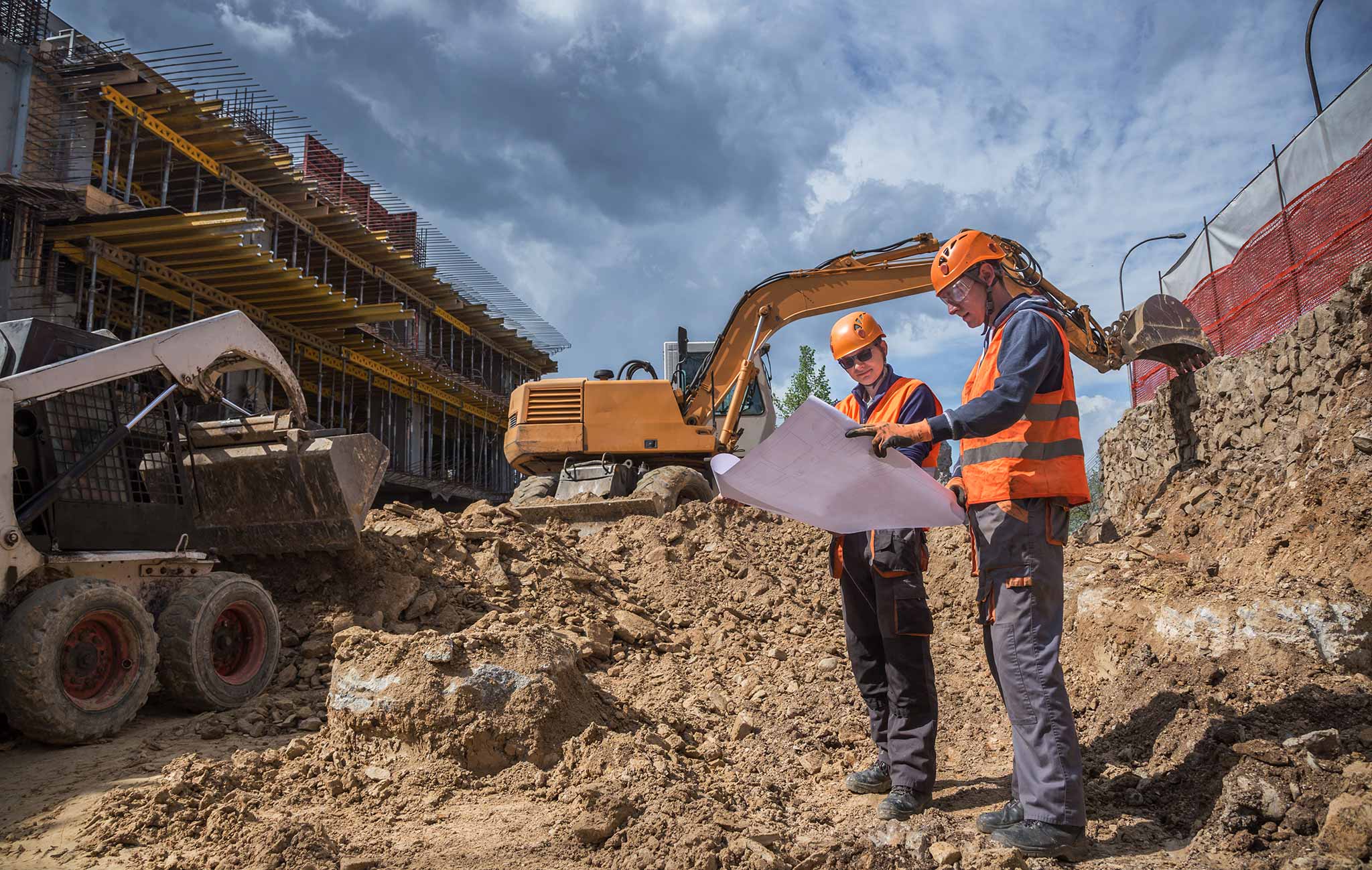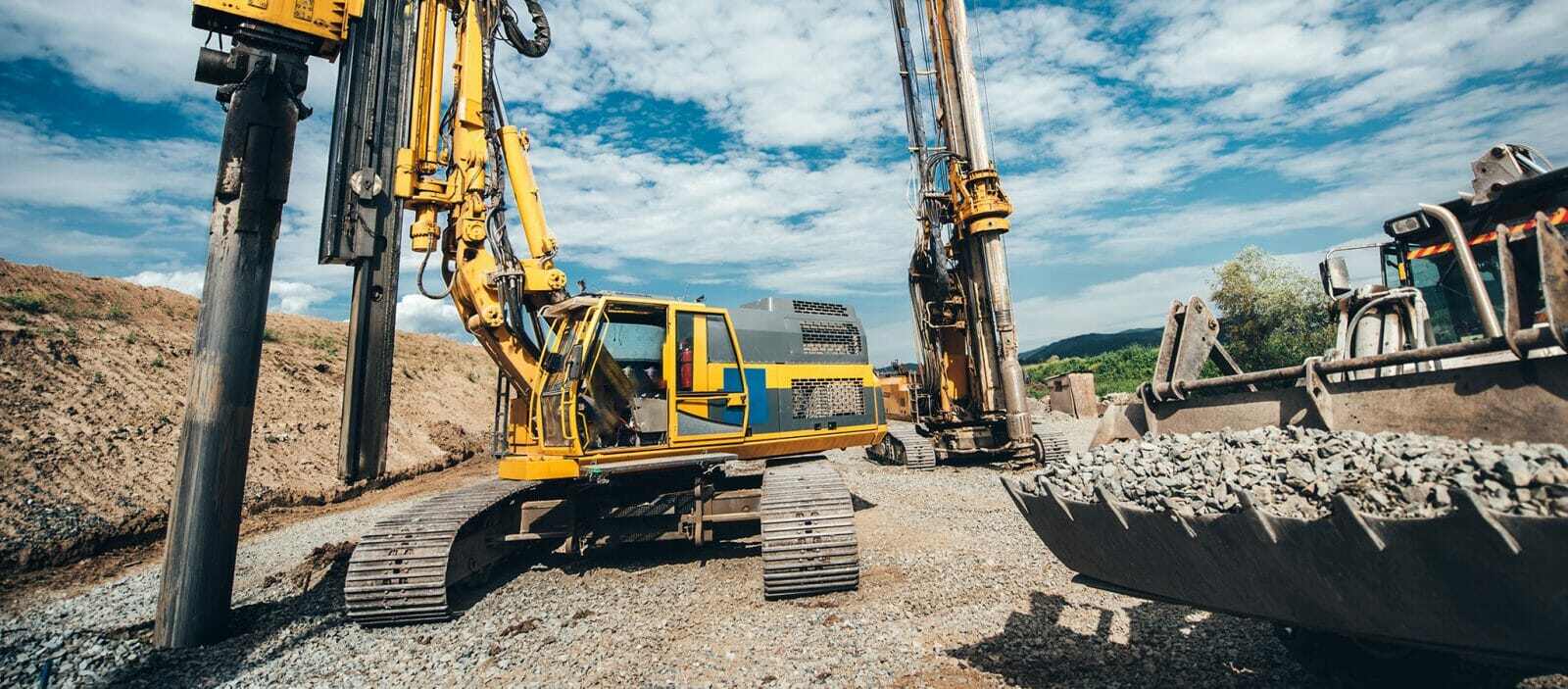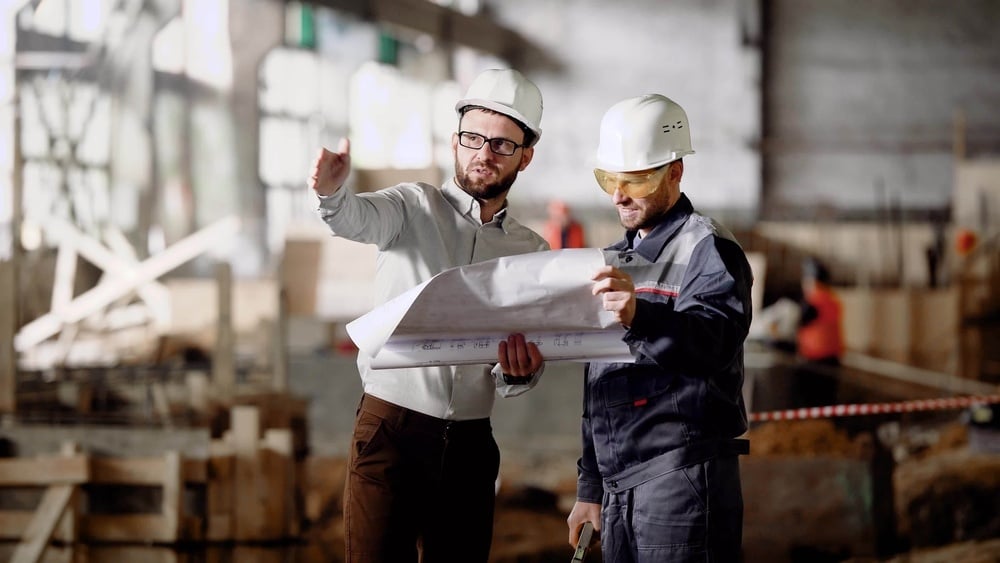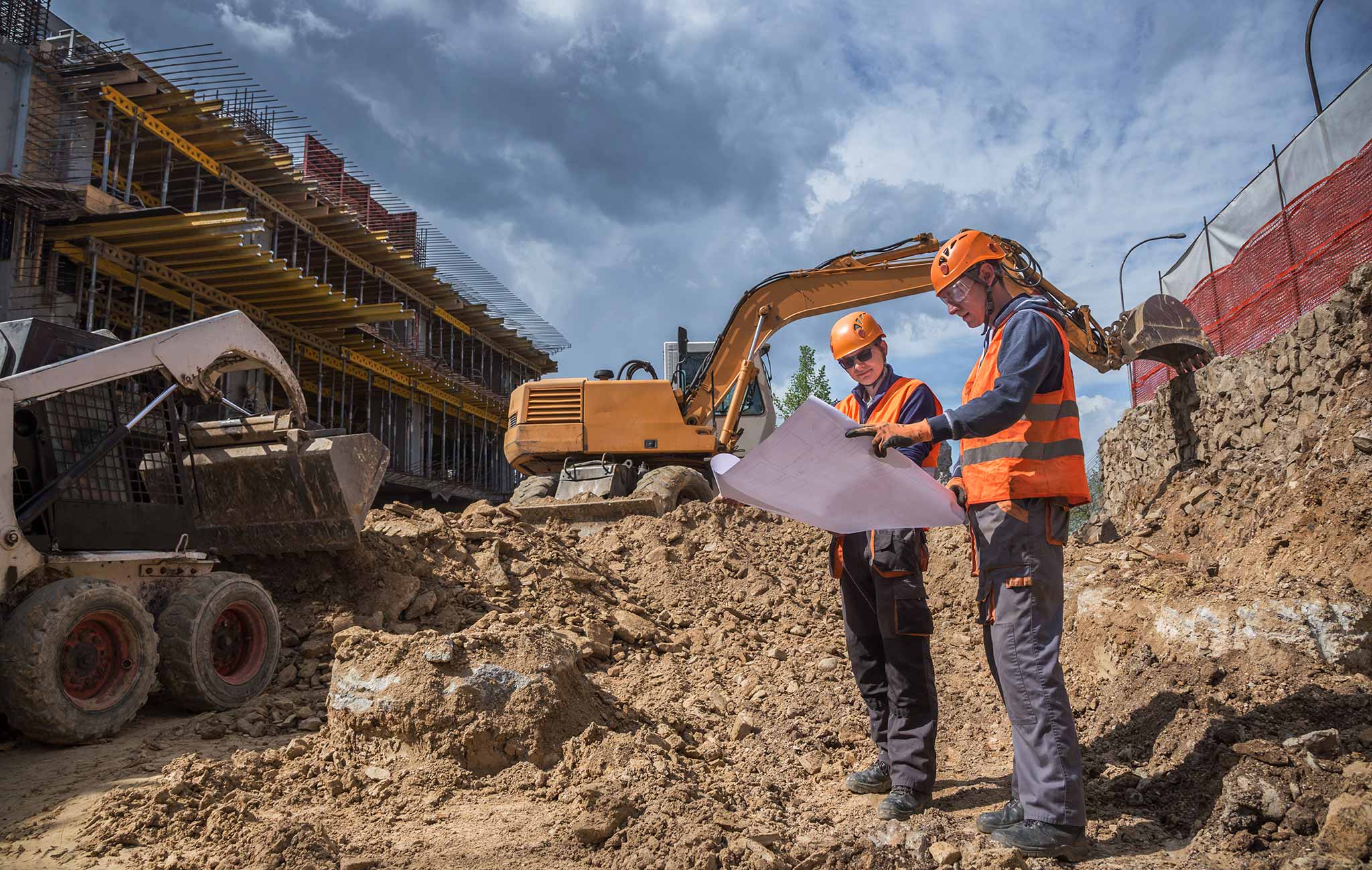
Civil engineering is a magnanimous profession with multiple streams of work that an individual can pursue after graduation. A key subset of this profession is geotechnical engineering, which focuses on understanding and managing earth materials.
As India ramps up highways, metros, ports, tunnels, and high-rise projects, the demand for geotechnical engineers is growing quickly. Every major infrastructure project depends on specialists who understand soil, rock, and groundwater so that foundations and underground structures stay safe and stable.
This guide explains who a geotechnical engineer is, how to become one, the technical and soft skills you need, the typical work scope, geotechnical engineer salary ranges across countries, top job roles, and common interview questions.
Who is a Geotechnical Engineer?

A geotechnical engineer is an expert in understanding the behaviour and properties of earth matter such as soil, rock, groundwater, and other subsurface conditions. They play a key role in analysing how these materials interact with the man-made structures built on or within them- for example buildings, bridges, tunnels, and dams. Their work helps prevent soil erosion, structural failure, and foundation instability as a result of poor subsurface understanding. Geotechnical engineering consultants work closely with geologists, mine excavators, and government bodies to conduct field assessments and develop reports.
How to Become a Geotechnical Engineer?

Becoming a geotechnical engineer preliminarily requires earning a Bachelor’s degree in civil engineering or an allied field like construction management. As part of the curriculum, you will focus on subjects like material sciences, maths, physics, and the nature of land. Additionally, enrolling for certification courses or a Master’s degree in specific geotechnical skills like soil testing, foundation design, and environmental technology can prove valuable. A graduate geotechnical engineer salary may vary based on their skill-level, work experience, scale of the project and the associated company.
Technical Skills Required to Become a Geotechnical Engineer
- Core understanding of soil type, properties, and their impact on structural stability.
- Knowledge of geological formations, groundwater flow, and environmental factors that may possibly affect construction activities.
- Proficiency in soil sampling, drilling, and using field testing equipment.
- Ability to perform soil tests like density, moisture content, and shear strength for evaluating material behaviour.
- Skills in computational software like Revit, Construction Cloud, Bluebeam, Tekla & Civil 3D to draft and analyse structural designs. People skilled in new tools and technologies have better chances of bagging a lucrative geotechnical engineer salary.
- Familiarity with local and international building codes as well as safety protocol for construction projects.
Soft Skills Required to Become a Geotechnical Engineer
- Ability to analyse soil data and assess risks effectively.
- Agility to identify potential issues and create solutions for structural safety.
- Precision in collecting and analysing data to avoid design or construction errors.
- Ability to convey technical information to non-technical stakeholders like clients and project managers.
- Effectively balancing fieldwork, lab analysis, and reporting tasks to meet project deadlines.
- Adjusting to unexpected site conditions or changes in project scope.
- Making informed decisions based on data.
What is the Work Scope of Geotechnical Engineering?
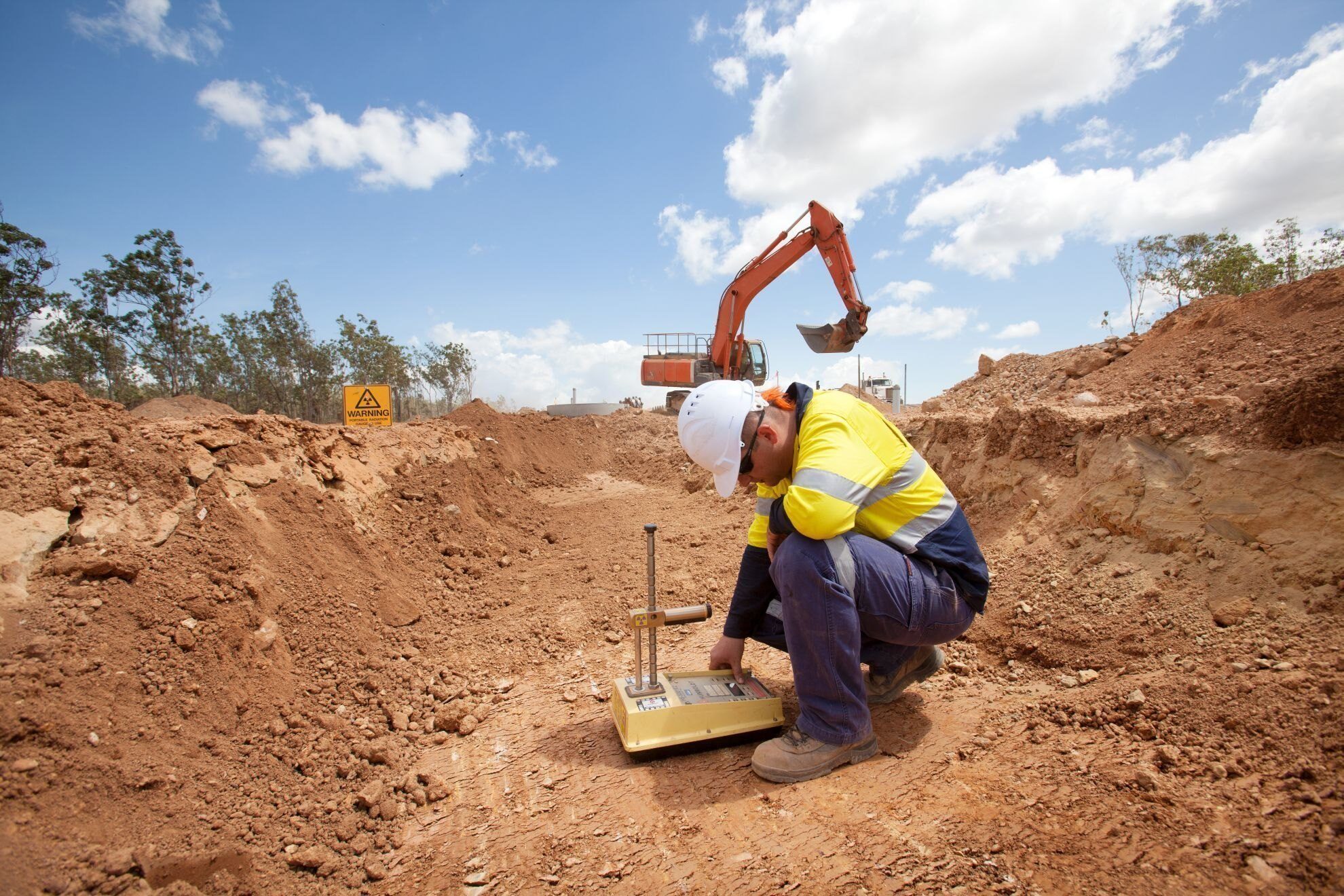
For a geotechnical engineer, the scope of work broadly entails the investigation, analysis, and design of structures in relation to the earth materials they rest upon. They start by conducting thorough site investigations which involve soil sampling, rock core drilling, and subsurface exploration. It helps them understand the soul’s character, stability, and load bearing capacity. Based on this data, they design foundations that provide the necessary support for structures considering factors like soil compacting, groundwater levels, and potential ground settlement.
Further, geotechnical engineers address challenges like environmental impacts and seismic safety. So, they may also design retaining walls, earth structures, and excavation supports for projects like tunnels and basements. As part of their construction protocol, they ensure safety compliance by providing supervision and quality control on site.
Also Read - How To Become A Successful BIM Technician : An Ultimate Guide
Geotechnical Engineer Salary Around the World

Whether you are looking for junior geotechnical engineer salary or senior geotechnical engineer salary, here is a complete breakdown of geotechnical engineering salary per month in countries around the world. These nations offer impressive job roles with opportunities for geotechnical engineers to work on international projects and connect with a global network of professionals.
- Geotechnical engineer salary in Dubai: AED 4,000 - AED 19,000 per month
- Geotechnical engineer salary in Canada: $5,500 - $8,083 per month
- Geotechnical engineer salary in Australia: $6,250 - $8,330 per month
- Geotechnical engineer salary in New Zealand: $5,750 - $7,500 per month
- Geotechnical engineer salary in India: INR 42,000 - INR 83,500 per month
With a masters in geotechnical engineering, the salary of the professional can of an individual can be even more exciting.
Top 5 Job Roles for Geotechnical Engineers
Pursuing a career in geotechnical engineering presents an array of career possibilities that are both professionally fulfilling and well-paying. Mentioned below are the 5 most desirable roles with a specialisation in geotechnical engineering.
-
Geotechnical Designer
These professionals focus on creating detailed plans for foundations, retaining walls, slopes, and tunnels. They analyse soil and rock properties, perform stability assessments and recommend construction techniques that ensure structural safety.
-
Environmental Engineer
In this field, civil engineers combine geotechnical principles with environmental science to address issues like contaminated soil remediation, waste management, and groundwater protection.
-
Underground Space Engineer
This specialization involves the design and construction of tunnels, subways, and other underground structures. Engineers in this role tackle complex challenges related to ground stability and excavation methods.
-
Geotechnical Risk Analyst
Risk analysts assess and mitigate potential geotechnical risks in construction projects, such as landslides, earthquakes, and ground settlement. They play a crucial role in project planning and disaster resilience.
-
Site Investigation Engineer
Site investigation engineers conduct on-site surveys to assess the suitability of land for construction. They examine soil and groundwater conditions to ensure projects are feasible and safe.
Top 5 Geotechnical Engineering Interview Questions and Answers
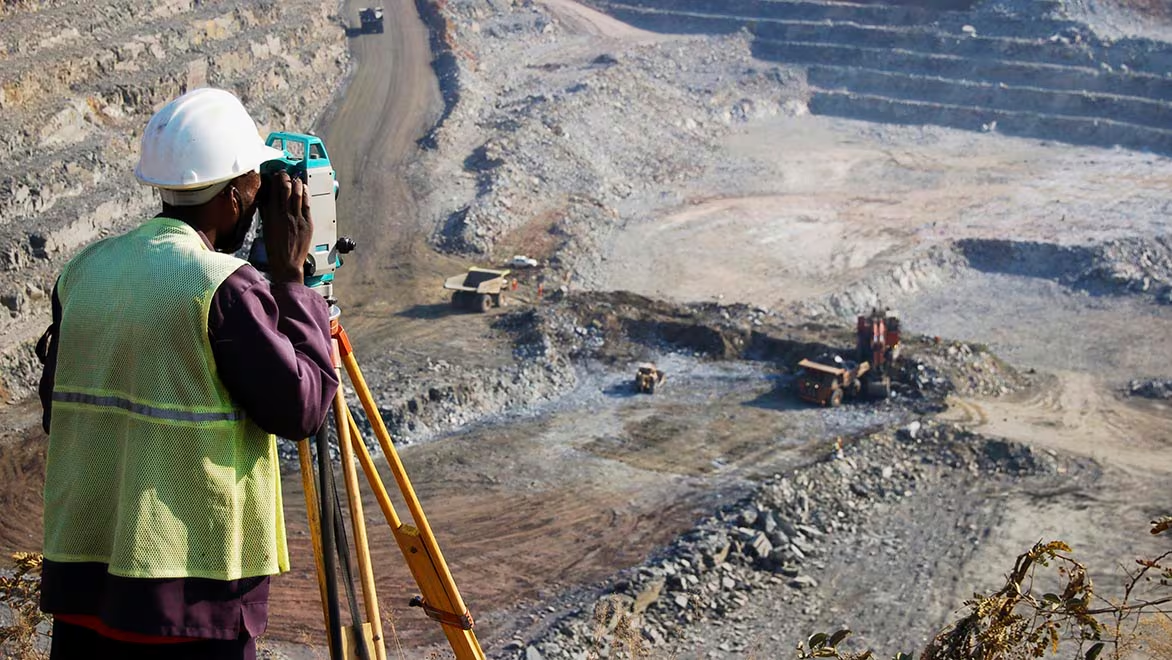
If you are searching the internet for interview questions on geotechnical engineering, here is a collated list of the most-asked questions by leading construction organisations. These questions are a mix of subject knowledge, practical skills, and generic industry know-how.
-
For geotechnical engineering, what software are you proficient in?
Approach:
Interviewers want to know which software tools you’re skilled in and how you’ve used them in past projects. Emphasise proficiency in standard software, explain practical applications and mention any certifications that reinforce your expertise.
Answer:
I am proficient in various geotechnical and design software, including AutoCAD, Civil 3D, Revit, and SAP2000. Civil 3D has been instrumental in creating detailed site layouts, grading plans, and foundation designs. My familiarity with SAP2000 has also allowed me to handle complex structural interactions in geotechnical contexts, such as retaining walls under load.
-
How do you keep up with the advancements in the field?
Approach:
This question explores your commitment to continuous learning. Highlight professional activities like attending seminars, reading journals, or joining industry groups, and be specific about how you apply this knowledge.
Answer:
I actively keep up with advancements by subscribing to journals like the International Journal of Geotechnical Engineering, which provide insights into cutting-edge research. I also attend annual industry conferences where I have the opportunity to learn about emerging technologies and network with other professionals.
-
How do you approach soil testing and analysis?
Approach:
Outline the steps you take, from planning tests to interpreting results, and emphasise understanding project-specific requirements and relevant standards.
Answer:
My approach to soil testing and analysis begins with a thorough review of project requirements and site conditions. I start by identifying necessary tests, such as Standard Penetration Tests (SPT), Cone Penetration Tests (CPT), and Atterberg limits for classification.
I consider factors like soil type, moisture content, and compaction needs, and align testing with industry standards (such as IS codes). After collecting field data, I perform lab tests to assess properties like shear strength, permeability, and compressibility. This allows me to derive soil parameters essential for design, which are then validated through comparison with historical data or other relevant projects.
-
Could you walk me through the steps of site investigation for a large-scale infrastructure project?
Approach:
Outline each phase of the site investigation, from preliminary surveys to field testing and data analysis. Show that you understand the vision required for large-scale projects.
Answer:
For a large-scale infrastructure project, site investigation typically starts with a desk study, where I gather existing information about site geology, topography, and historical land use. Next, I perform a reconnaissance survey to inspect visible ground conditions and identify potential issues like drainage or erosion. Based on these findings, I developed a geotechnical investigation plan that specifies locations and depths for boreholes and sampling.
I follow it up with field tests and geophysical surveys to curate in-depth soil and rock data. After the tests, samples are analysed in a laboratory to determine parameters like shear strength, compressibility, and permeability. The final stage involves compiling all data into a geotechnical report, outlining findings, risks, and recommendations for foundation and construction design.
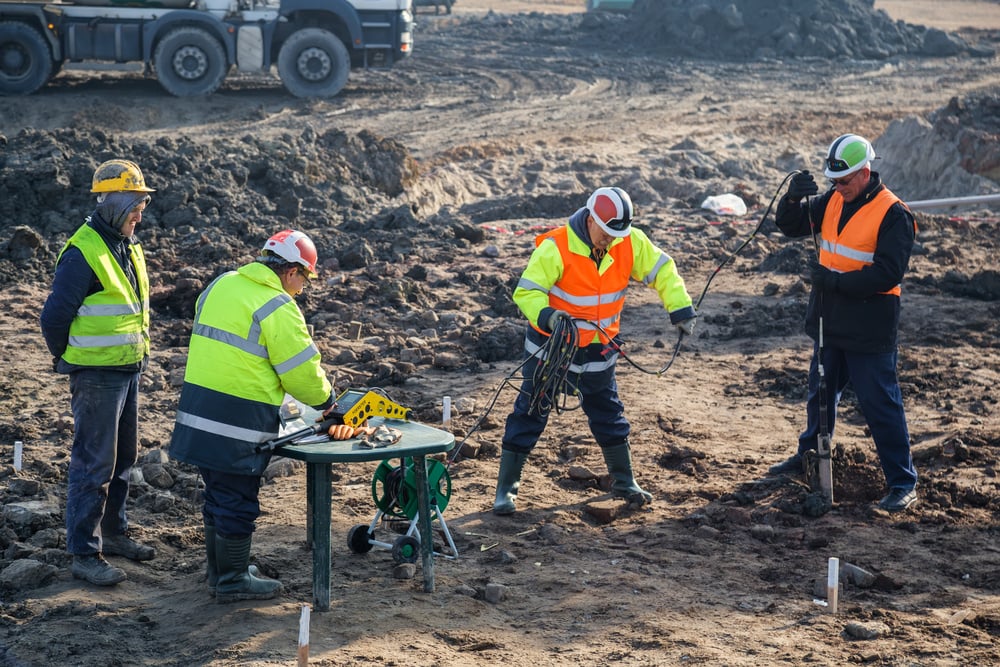
-
Where do you see yourself in the next 5 years as a geotechnical engineer?
Approach:
Express your long-term goals, showing ambition and commitment to growth within the field. Align your answer with the company’s objectives if possible.
Answer:
In the next five years, I see myself becoming a senior geotechnical engineer, leading projects and guiding teams in complex soil analysis and foundation design. I aim to further develop my expertise in advanced geotechnical software and innovative construction methods, especially in sustainable engineering solutions. Additionally, I’m working towards obtaining my Professional Engineer (PE) licence, which will allow me to take on greater responsibilities. My goal is to contribute to projects that set new standards in geotechnical resilience and sustainability, ultimately positioning myself as a trusted expert in the field.
Also See: 30 World's Best Geotechnical Engineering Companies
In Conclusion
Geotechnical engineering is one of the most fulfilling and well-paying streams for civil engineers. As the number of greenfield and brownfield projects increase to support the infrastructure needs of the masses, the demand for such skilled professionals will also witness an upward trend. To become a geotechnical engineer, you must complement your civil and structural engineering knowledge with geotechnical concepts. So, it is ideal to sign up for courses that help you with the necessary knowledge and practical training. By upskilling, you can unlock impressive career opportunities and build a successful career for yourself.
If you are a civil engineer professional who wants to transition to geotechnical engineering as their specialisation, we suggest you explore the BIM Professional Course for Civil Engineers by Novatr. It is a holistic program that offers knowledge about fundamental construction concepts through the use of BIM processes. This helps students develop a tech-first approach towards construction projects. Through capstone projects, learners get an understanding of practical challenges and solutions. Further, Novatr provides placement assistance to aid participants in securing jobs in construction firms globally.
Explore the course today!
Visit our Resources Page to read about the latest developments in the built environment.
Frequently Asked Questions:
1. What does a geotechnical engineer do?
A geotechnical engineer studies soil, rock, and groundwater conditions and uses that information to design safe foundations, slopes, retaining walls, and underground structures. They help prevent failures and make sure projects are safe and stable over their full life cycle.
2. What skills are needed to become a successful geotechnical engineer?
You need strong knowledge of soil mechanics, geology, and foundation design, along with skills in field testing, lab analysis, report writing, and software tools like Civil 3D or Revit. Good communication and problem-solving skills are also essential on mixed project teams.
3. How much does a geotechnical engineer earn in India?
In India, a geotechnical engineer salary typically ranges from about INR 42,000 to INR 83,500 per month, depending on location, company type, and experience. Senior engineers and consultants can earn more, especially on large infrastructure or international projects.
4. What job roles can a geotechnical engineer pursue?
Geotechnical engineers can work as geotechnical designers, site investigation engineers, underground space engineers, environmental engineers, geotechnical risk analysts, or move into broader roles like project management and specialist consulting.
5. How long does it take to become a geotechnical engineer?
Most people start with a 4-year B.Tech in Civil Engineering, then gain 1–3 years of experience or pursue a Master’s or specialized course in geotechnical engineering. In total, it usually takes around 5–7 years to become a well-rounded geotechnical engineer with strong independent responsibilities.
Was this content helpful to you







